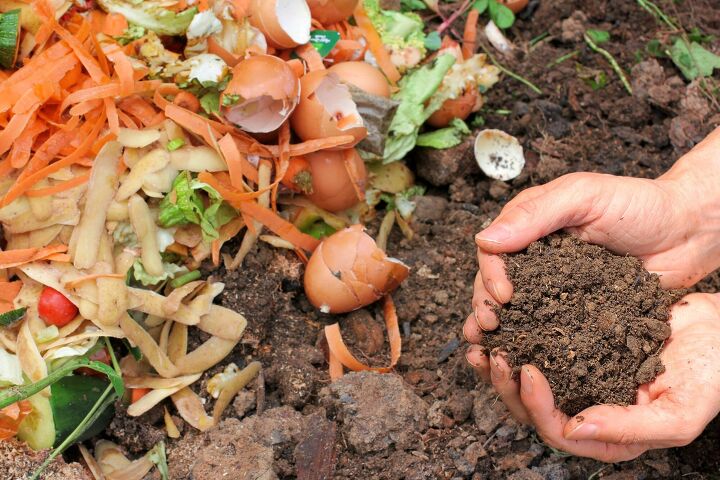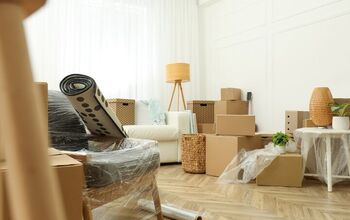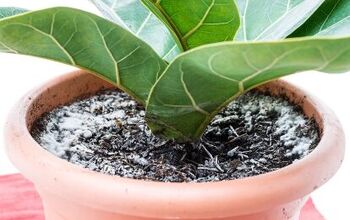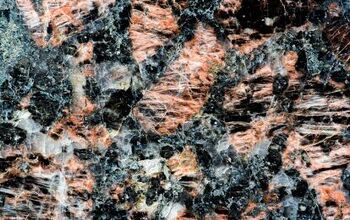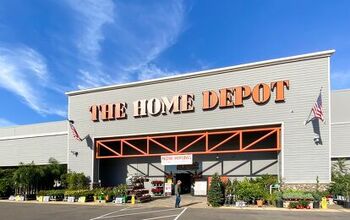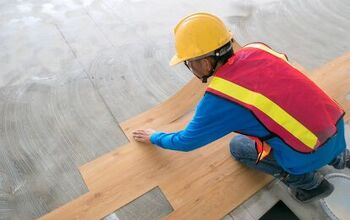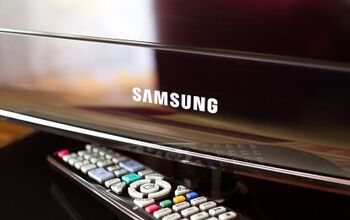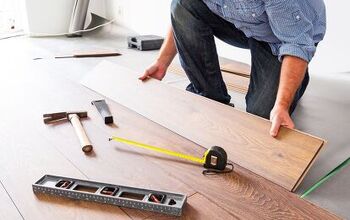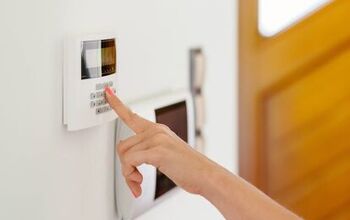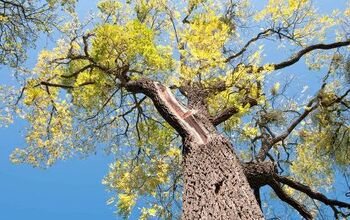Household Waste That Can Add Nutrients To Potting Soil

If you have a garden or potted plants, then you know they need a little extra attention from time to time. In addition to watering your plants on a regular and scheduled basis, potted plants and gardens alike need nutrients for them to grow and thrive. These nutrients are often supplied through compost and store-bought fertilizer, but these costs can add up. You will be happy to know that you can add some household waste to potting soil to provide necessary nutrients.
You can add several types of household waste directly to potting soil to increase the number of important nutrients. Certain kitchen scraps, including banana peels, eggshells, coffee grounds, and various vegetable scraps can all be added directly to the soil to boost nutrient levels. Ashes from your fireplace, grass clippings, and even dead leaves are also great sources of nitrogen and other nutrients your potting soil needs.
If you are looking for cheap ways to feed your garden and potted plants, then look no further than items you regularly throw in the trash. By simply adding these items just underneath the surface of your potting soil, you can feed your plants and also decrease your carbon footprint. Keep reading to learn what kind of household waste adds nutrients to potting soil, and what kind of waste should stay in the trash.
Can You Add Household Waste Directly To Potting Soil?
Sure, most people these days know about the benefits of home composting. Compost piles are found in many backyards, and even in city apartments, all around the world. But you might wonder if you can skip the composting step and add household waste directly to potting soil.
The answer to this question is — sometimes. There are many cases when you can add household waste directly to the soil, but it depends on the type of waste. Some household waste is loaded with great nutrients and decomposes quickly. This makes it perfect for adding to potting soil.
Some household waste has some toxic qualities. It might be very high in acid or salt. Or perhaps it has qualities that might attract animals and inspire them to dig up the entire plant. Other household waste might just require some time to decompose. This makes it great for a compost pile, but detrimental when added directly to potting soil.
Composting Versus Adding Waste Directly To Soil
You might wonder exactly what the difference is between adding waste directly to soil and putting it in a compost pile for a few months. Also, you might wonder which method is better for the plants.
The main difference between adding household waste directly to the soil and adding it to a compost pile first is what happens during decomposition. Many household scraps and other compost items like manure require time before they are safe and beneficial to plants.
Manure, for example, might be too high in acid and nutrients, which might damage plants. But once it has time to break down and mix with other waste, it is packed with nutrients and has a more balanced Ph level.
When you are preparing to add some household scraps to potting soil, you should pause first. Make sure the waste you have will be beneficial if added directly to plants. Otherwise, add it to your compost and allow it ample time to break down so it can benefit your home garden. The good news is, there are several common items that you can add directly to potting soil, but there are a few things you should know before you do so.
Things To Know Before You Add Scraps To Potting Soil
Make Sure You Don’t Attract Pests
Decomposition might be helpful to plants, but it can also attract pests. While some insects and living creatures like worms are helpful, others can destroy plants. When adding organic materials that will decompose underground, make sure you are taking the proper precautions so they don’t damage the plants.
Be Aware Of Smells
Bad smells are not only undesirable, but they might be telling you a story you should listen to. Bad smells often mean rot and decomposition. While all organic material decomposes, if a smell becomes noticeable, it could mean a few bad things. For one, a bad smell might mean you are better off putting this ingredient in a compost pile, as it is going through a more advanced decomposition. Also, if you can smell it, so can animals. Animals are often attracted to rotting smells.
Some Items Are Better Than Others
Not all household waste is treated equally when it comes to adding it to soil. In fact, some items should never be added to potting soil, as they can have damaging effects. Consider first trying the seven waste materials we have detailed below before venturing out further.
Seven Household Scraps That Add Nutrients To Potting Soil
1. Banana Peels
Many people start the day with a banana, so the odds of having banana peels on a regular basis are quite high. Instead of losing the banana peels in the trash, however, consider adding them to your potting soil to boost the nutrients in the dirt.
Banana peels are filled with potassium and other nutrients. This makes them a great natural alternative to fertilizers. If you are worried about animals digging up the banana peels, then try turning them into a thick liquid. Simply add chopped banana peels to your blender, add water, and allow this mixture to liquefy. Add this mixture to your plants and sprinkle a bit of soil on top
2. Wood Ashes
If you have a fireplace, then consider thinking about your potted plants the next time you dispose of your ashes. Just like banana peels, wood ash is very high in potassium. Ashes also have tons of other nutrients that are still alive and well after you burn wood.
Ash has things like phosphorus, magnesium, sodium, and much more. It is also very easy to apply to your potting soil. Simply sprinkle it on top of your soil and then fold it in with a bit more soil. Since there are no sugars to decompose, you don’t have to worry about critters being attracted to it either.
3. Grass Clippings
If you have a lawn mower that bags the grass clipping, consider saving some of these clippings before dumping them in your compost container. You can actually sprinkle some grass clippings directly over your potting soil.
This will do two things. For one, it will help block weeds from developing around your plants (similar to a mulch, only free). It also slowly releases nitrogen into the potting soil, which will help your plants grow.
4. Coffee Grounds
Coffee grounds have many uses after you make coffee. One great way to utilize coffee grounds is to add them to potting soil to boost its nutrients. Coffee grounds are rich in nitrogen, which is fuel for many plants. These grounds are also high in acid.
Some plants can benefit from increased acid levels, and coffee grounds are a great way to achieve this. Simply sprinkle them on top of your potting soil and fold them in evenly to enjoy the best results.
5. Vegetable Scraps
You can also add some vegetable scraps directly to potting soil without composting them first. Onion and potato peels and the top and bottom of other vegetables are all nutrient-rich scraps.
For best results, dig a hole a few inches deep and sprinkle the scraps. Then bury them. This is best done when the soil is resting.
6. Eggshells
Eggshells are another fantastic bit of household waste you can add to your potting soil to boost its nutrients. These shells are very rich in calcium, which makes them highly beneficial to plants. They also are great at balancing acidity levels.
Eggshells easily release their various nutrients and benefits into the soil, so while you can certainly add them to a compost pile, you can also add them directly to potting soil.
7. Tree Leaves
If you live somewhere with a season such as fall and you do lots of raking, consider saving some of those dead leaves for your nutrient-deprived plants. Tree leaves are packed with trace minerals. They are also great at attracting earthworms. Worms are nature’s helper when it comes to aerating soil.
They also make your soil lighter and less dense, which helps roots. Simply fold some dead leaves into your potting soil, and allow nature to do the rest.
Household Waste You Should Not Put In Soil
As you can see, there are many household waste items that you can add directly to potting soil to help boost its nutrients. There are, however, several household scraps you should never add to potting soils. In fact, some household waste should not be added to potting soil or even compost. It might promote root rot, or attract the wrong kind of animals. Some items you should never toss into potting soil are listed below.
- Dairy
- Grains
- Cooking Oils
- Meat And Other Animal Products
Wrapping Up Household Waste You Can Add To Potting Soil
If you are looking for cheap or free ways to boost the nutrients in your potting soil, look no further than items you regularly throw in the trash can.
Popular food waste items such as banana peels, eggshells, and coffee grounds can all be added directly to potting soil to boost its nutrients. You can also fold in wood ashes from your fireplace or dead leaves from trees.
If you bag your grass clippings, consider sprinkling them on top of potting soil to prevent weeds while boosting nitrogen levels.
Related Guides:

Tom Gaffey is an expert writer who currently resides in Washington D.C. Tom has a passion for real estate and home improvement writing, as well as travel and lifestyle writing. He lived the last twelve years in Hawaii where he worked closely with luxury resorts and event planners, mastering his knowledge of aesthetics and luxury products. This is where he found his passion for home improvement and a keen interest in DIY projects. Currently, Tom resides in Washington D.C, and also working on his debut fiction novel.
More by Tom Gaffey



